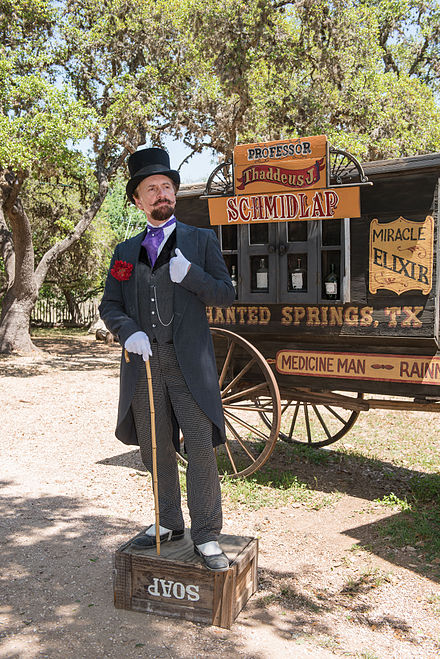 I’ve been enjoying Founding Brothers, by Joseph Ellis. This scholarly work about the generation of founders from 1776 fills in the gaps and errors of Hamilton, which I enjoyed for different reasons. Ellis pulls off a difficult feat: his book manages to draw on primary sources and cover events without being at all stuffy.
I’ve been enjoying Founding Brothers, by Joseph Ellis. This scholarly work about the generation of founders from 1776 fills in the gaps and errors of Hamilton, which I enjoyed for different reasons. Ellis pulls off a difficult feat: his book manages to draw on primary sources and cover events without being at all stuffy.
He also provides some great words in use by that generation. We rarely hear the word mountebank today, though we often–all too often–encounter them. We would be more likely to call one a “fake” or a “charlatan” today. As with Strombolian from a few weeks back, I’d like to see our word this week return to regular usage. In the days of Burr and Hamilton, both given this slur, the word might lead to a duel. Today, it would simply elevate political discourse from the sewers.
Originally, as the OED notes, the word meant what we’d call a “snake-oil salesman,” a specific type of charlatan. They stood on soap-boxes or benches, hence the Italian monta in banco that proved the genesis of our English word.
Montebanks still exist today, too, even if they rarely stand atop boxes. They are instead often in the box in front of you: look at the advertisements for those “try this one simple trick” that shamelessly appear on many Web pages.
More broadly, and much more sadly, anyone claiming knowledge without having it, and using that for fame or personal fortune is a mountebank. We have many in the public eye right now, some more brazen than others. Perhaps we need a renaissance of the old metaphor of “being ridden out of town on a rail”?
Send us words and metaphors to feature here. See all of our Metaphors of the Month here and Words of the Week here.
Image of “Professor Thaddeus Schmidlap, resident snake-oil salesman at the Enchanted Springs Ranch and Old West theme park” courtesy of Wikipedia, via the Library of Congress.